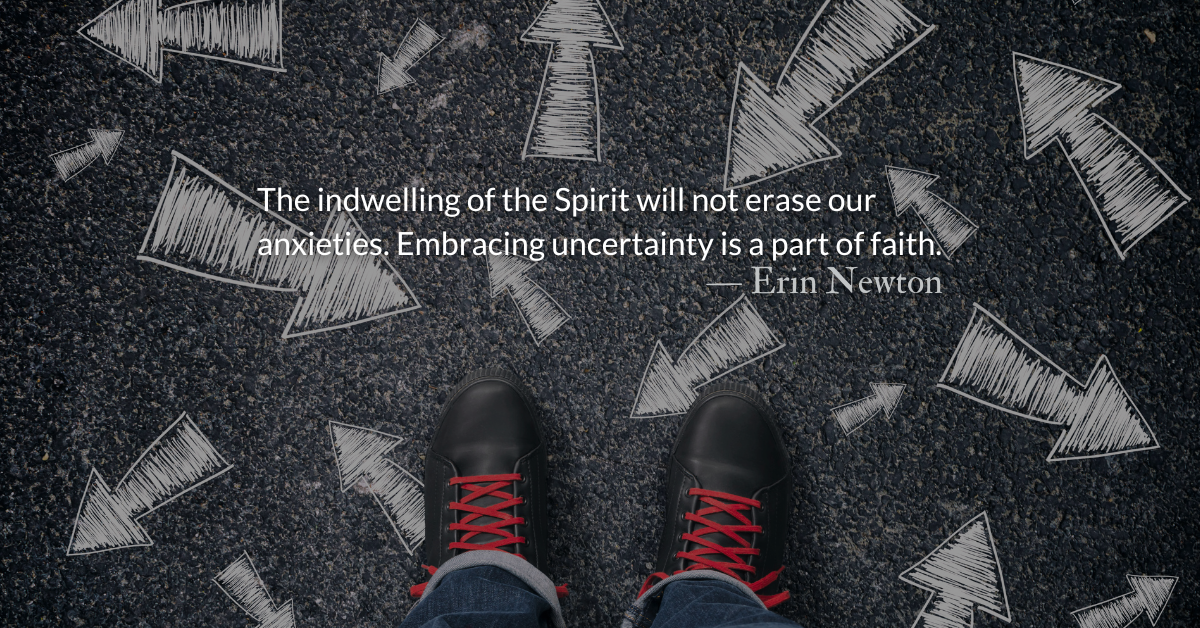Readers’ Choice is here: Over two-thirds of our devotionals get emailed responses from readers like you. Hearing that what we have written is meaningful to you is meaningful to us. That’s why we love sharing some of your comments and messages. Thank you, readers. We do what we do to serve you. There’s still time to tell us about your favorite, most meaningful posts of the year. If you shared it with someone, or it helped you, let us know via email, direct message, or by filling out the linked form.
Links for today’s readings:
Oct 29 Read: 2 Kings 10 Listen: (6:30) Read: Psalms 58-59 Listen: (3:32)
Readers’ Choice posts are selected by our readers:
Brian, DC — Thanks for this reflection. My father would agree…What a great way for the King of Kings to enter the world.
Like last year, we will repost all Christmas-themed Readers’ Choice posts together in one week. We pray our hearts are prepared to make room for Christ this coming Advent season. This post was originally published on December 10, 2024, based on readings from John 14.26-27.
Scripture Focus: John 14.26-27
26 But the Advocate, the Holy Spirit, whom the Father will send in my name, will teach you all things and will remind you of everything I have said to you. 27 Peace I leave with you; my peace I give you. I do not give to you as the world gives. Do not let your hearts be troubled and do not be afraid.
Reflection: Conflict-Free Holidays — Readers’ Choice
By Erin Newton
Jesus was born during the Pax Romana—the peace of Rome. It was a period between wars and a time of relative prosperity. Peace is nearly always thought of as the antithesis to conflict or war. And the Bible refers to peace as the future hope during the midst of pain and suffering.
When we think about God coming to dwell among us, the peace of Advent usually includes the vision of a conflict-free eternity. It is this Prince of Peace who brings the promise to eliminate combat and end all struggles.
We long for the days without strife and without war. It is an age-old plea. The psalmist cries out, “Too long have I lived among those who hate peace. I am for peace; but when I speak, they are for war” (Ps. 120.6-7).
Not only does peace bring us wholeness, it is meant to bring us freedom from conflict. But that is far from reality. We enter this Advent season with wars raging across the oceans, conflicts brewing among friends and family, war and strife growing between neighbors—we are a far cry from peace it seems.
The baby lying in a manger would become a man who warned that peace would not always be reality. The cost of following Christ may mean division among friends, families, and neighbors. It is the sword that He warned was coming to disrupt so-called peace. Sometimes the conflict we face is because we have chosen to follow Christ, and the so-called peace of our world was simply a dishonest harmony.
So how do we wait this week meditating on the peace of Advent? I think we look to Christ’s birth as the inauguration of the future peace. It is the “already but not yet” peace we are promised. The gears are set in motion even when the grinding clamor of war reverberates worldwide. The first peace to be won was that within our souls. And it continues to win the war of souls.
And then we see the peace he has left with us. The peace he promised would be with us is a non-earthly peace, peace mediated through the Holy Spirit. Yes, national wars and domestic battles continue today. But peace is possible through the power of the Holy Spirit. It is by His power we can seek peace, and sometimes, win peace. Let us seek peace and wait expectantly.
The Lord’s Prayer:
We will take a break from The Divine Hours prayers for the month of October and instead pray Dallas Willard’s paraphrase of The Lord’s Prayer:
Dear Father, always near us, may your name be treasured and loved, may your rule be completed in us—may your will be done here on earth in just the way it is done in heaven.
Give us today the things we need today, and forgive us our sins and impositions on you as we are forgiving all who in any way offend us.
Please don’t put us through trials, but deliver us from everything bad. Because you are the one in charge, and you have all the power, and the glory too is all yours-forever-which is just the way we want it!
Read more about The Arm of Flesh versus the Prince of Peace
How can we tell the difference between Sennacherib’s propaganda and Hezekiah’s true faith?
Support Our Work
Without our donors, our work could not continue as it does today. Please consider becoming a donor and supporting our ad-free content.




